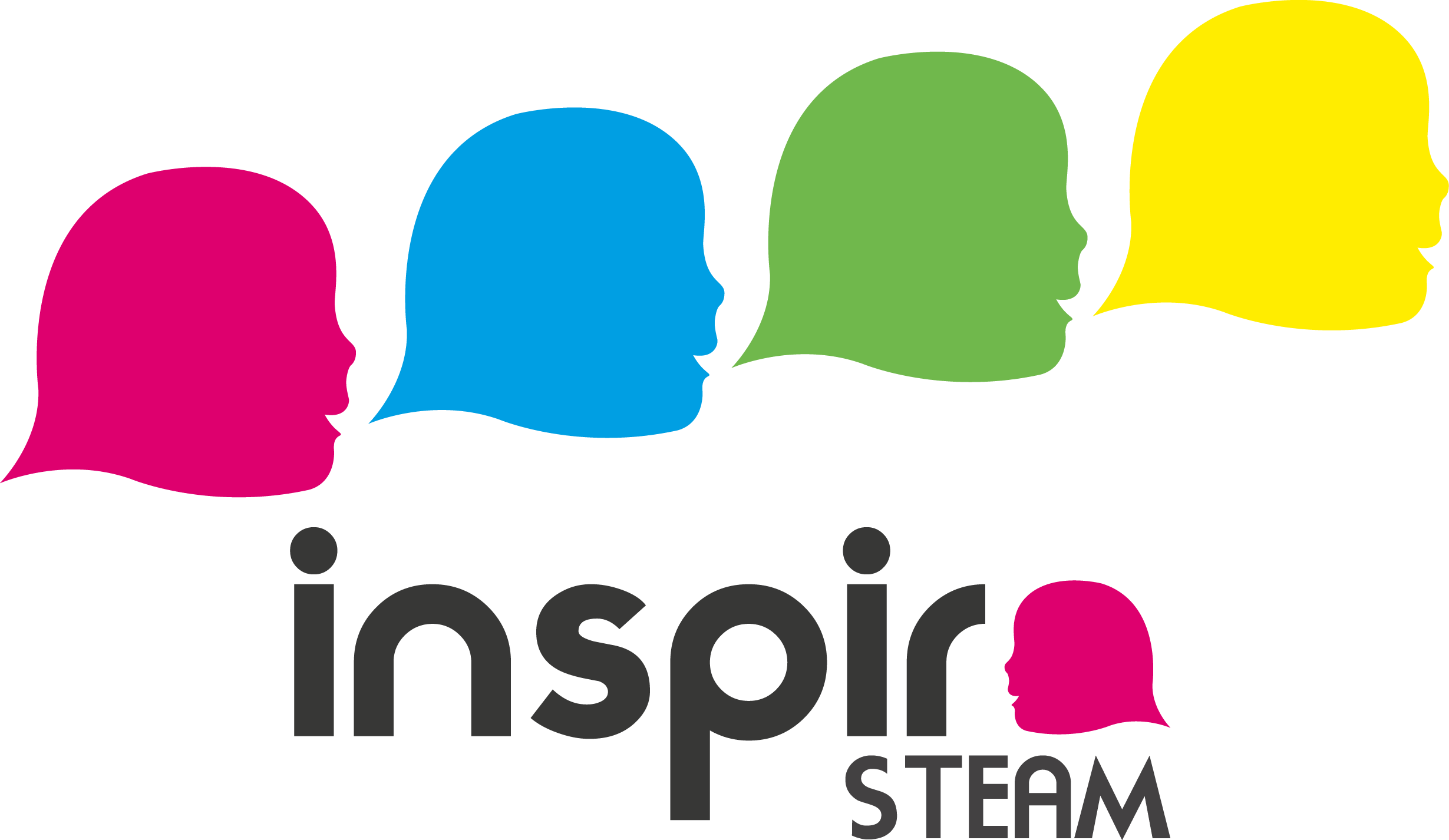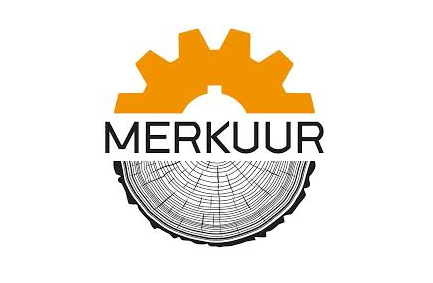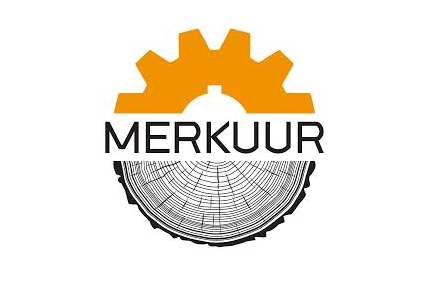Inspira STEAM
Inspira STEAM is a pioneering project for the promotion of scientific-technological professions among girls through group mentoring. The programme is focused on awareness-raising and orientation actions through lectures ; mentoring by female professionals from the world of research, science and technology. At the heart of Inspira STEAM project are the mentors, who voluntarily bring their day-to-day lives closer to girls and boys (who are 11 years old) through six work sessions during school hours. Through the meetings between the mentor and the girls the project aims to help dispel doubts and objections about the professions in science and technology, clarify their motivations and strengthen their self-esteem to start this professional path.
Inspira STEAM is a pioneering project for the promotion of scientific-technological professions among girls. The programme is focused on awareness-raising and orientation actions through lectures ; mentoring by female professionals from the world of research, science and technology. At the heart of Inspira STEAM project are the mentors, who voluntarily bring their day-to-day lives closer to girls and boys (who are 11 years old) through six work sessions during school hours. Through the meetings between the mentor and the girls the project aims to help dispel doubts and objections about the professions in science and technology, clarify their motivations and strengthen their self-esteem to start this professional path.
It's the first time that the group-mentoring technique has been used in a project to promote STEAM (Science, Technology, Engineering, Arts and Maths) among elementary school students. The Inspira STEAM-project was developed in response to the need to promote scientific and technological vocations among students and the urgency to do so among girls who are underrepresented in these fields. The number of students who opt for technology training decreases every year. Among female, the figures are even worse: Despite the fact that 54.3% of all students in the Spanish university system are women, their presence in technical degrees such as Engineering and Architecture falls to 26.4%.
The core of the project are the mentoring-sessions. All of the mentors are scientists and technologists active in various fields: academic, business, research, management, etc. During the work sessions, topics such as gender stereotypes and the important role of women and science throughout History are addressed. With these meetings between the mentor and the girls, the aim is to help dispel doubts and objections about the professions in science and technology, clarify their motivations and strengthen their self-esteem to start this professional path. The main objectives of the project are:
- to facilitate new references of nearby female technologists
- to allow boys and girls discover STEAM professions
- to raise awareness of the need for the development of the country to occur between men and women
- career guidance in technology fields
- to make women technologists visible and valuing
- To make known the existing stereotypes so that they do not condition the choice of studies

The long-term impact of the programme is currently being evaluated. The findings will be published as soon as they are available (see background documents).
Early results and input from participating entities indicated the lack of professional vocations in the world of young people's technology as a key challenge, especially in the case of young women. And they want to develop actions to raise awareness in society and energize boys and girls, especially girls, to promote their empowerment and overcoming the difficulties they find in choosing the training and profession they want.
The project reach includes several regions in Spain, thanks to the partnerships stablished with other institutions. Inspira STEAM has the collaboration of Innobasque in Euskadi, Edenway and the Rovira i Virgili University in Catalonia, CIONET in Madrid, the UCA and the University of Jaén in Andalusia, the University of Vigo and the University of Coruña in Galicia, the University of Oviedo in Asturias , the UCAM in Murcia and the financing of the three provincial councils: Bizkaia, Gipuzkoa and Álava as well as BBK, Roche, Barcelona Activa, Silk, HP Foundation, San Sebastián City Council, Euskadi Park Network, Debegesa, BASF, Generalitat de Catalunya, City Council of L'Hospitalet and Asturias 4STEAM. Since its inception, the programme has been continuously growing:
School year 2016-2017
- Number of schools: 11
- Number of students: 220 (girls)
- Number of mentors: 17
School year 2017-2018
- Number of schools: 148
- Number of students: 1.523 (girls); 1.321 (boys)
- Number of mentors: 131
Scholar year 2018-2019
- Number of schools: 113
- Number of students: 2.982 (girls); 2.893 (boys)
- Number of mentors: 315
Scholar year 2019-2020
- Number of schools: 177
- Number of students: 4.386 (girls); 4.321 (boys)
- Number of mentors: 587
The project is funded from boty public resources and private resources. The entities that sign the Inspira STEAM Commitment collaborate with the project by covering the labor costs of the hours that the mentors participating in the project have to invest. The dedication of the mentors is recognised within the project. Their attendance at meetings, training and dissemination events that require it is also facilitated.












